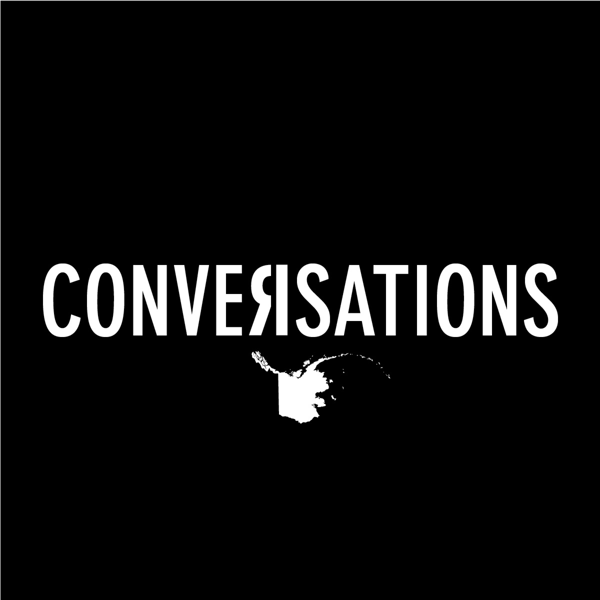Chatter Marks Ep 67 Culture comes from our environment with Cordelia Qiġñaaq Kellie
Crude Conversations
crudemag
5 • 884 Ratings
🗓️ 30 July 2023
⏱️ 87 minutes
🧾️ Download transcript
Summary
Transcript
Click on a timestamp to play from that location
| 0:00.0 | Culture comes from the environment. That's been my observation. That's something I like to say, |
| 0:18.5 | and I like to remind people. Sometimes I feel like we just wake up. We woke up. We suddenly were |
| 0:24.8 | aware of living human beings one day, and we think that how things are, how things are. I think |
| 0:31.6 | that sometimes, you know, we would do well to kind of think a little bit more about where our culture |
| 0:37.1 | comes from, it comes from the environment. And so it really is, you know, we as like native |
| 0:44.8 | peoples, Alaska native peoples, you know, as an backpack person, like how we are and who we are, |
| 0:50.5 | like we are the imprint in the shape of the state and the place that we live in. |
| 0:55.9 | That was Cordelia Kegenjak Kelly. She specializes in cross-cultural communications. It's a position |
| 1:03.9 | that gives her the space and the opportunity to learn about how cultures interact at the community |
| 1:09.5 | level. For the last two years, she's worked as a special assistant for rural affairs for Senator |
| 1:15.7 | Lisa Murkowski, where she helps to build and strengthen regional and statewide rural and Alaska |
| 1:21.9 | native relationships. She says that in her line of work, people often use the term cultural conflicts |
| 1:29.1 | to describe disagreements that arise because of different values and belief systems. However, |
| 1:35.4 | she prefers the term cultural contrasts because not all the time to those things conflict. |
| 1:41.9 | She gives an example. Whenever her mom's Anupiac family would visit, she was expected to tend to |
| 1:48.5 | and revere her elders. Whereas when her dad's parents would visit from Washington state, |
| 1:54.0 | they wanted to tend to the children. She recognized that these behaviors weren't in conflict. |
| 2:00.3 | Each one just had a different set of expectations. So it's important to learn and to talk about |
| 2:06.6 | the contrasts before they become conflicts. It comes down to recognizing, understanding, |
| 2:13.8 | and respecting other cultures, their values, and their tenets. |
| 2:20.3 | Cordelia grew up in Wasilla. The first time she visited the lands of her heritage, |
| 2:25.2 | Utkiavic, and Wainwright, she was a young adult. She remembers seeing the environment that her |
... |
Please login to see the full transcript.
Disclaimer: The podcast and artwork embedded on this page are from crudemag, and are the property of its owner and not affiliated with or endorsed by Tapesearch.
Generated transcripts are the property of crudemag and are distributed freely under the Fair Use doctrine. Transcripts generated by Tapesearch are not guaranteed to be accurate.
Copyright © Tapesearch 2025.

